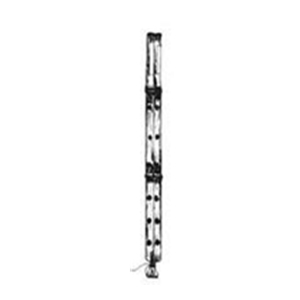Qili overview

Qiqi (pinyin: qí lì), also known as Shibuli, Bang, Lu Zha, Xiaolie, is a single-reed gas-sounding instrument of the Qiang and Tibetan peoples. Popular in Sichuan Province, Aba Tibetan Autonomous Prefecture, Maowen Qiang Autonomous County, Heishui, Li County, Wenchuan and other places.
Its body is made of bamboo, and it is made of two bamboo tubes with the same length, thickness, hole spacing and sound sequence tied side by side. It is mostly made of oil bamboo that grows on the local high mountains. This kind of bamboo has long bamboo joints and thin bamboo tubes. The tube body has no joints, the two ends are transparent, the tube length is 17 cm to 19 cm, and the inner diameter of the upper tube opening is about 1.5 cm.
Its timbre is crisp and bright, with a sense of sadness and strong expressiveness, and is often used for solo or singing and dancing accompaniment. Good at playing slow and long tunes.
- type:clarinet air musical instrument
- nickname:Shibuli, Bang, Lu Zha, Xiao Lie
- Pinyin:qí lì
- nationality:Qiang, Tibetan
- origin:Qin Han
overview of other similar instruments
- sanyanxiao overview
- Daguangxian overview
- Leiqin overview
- hahao overview
- yandundagu overview
- Han Xiaozheng overview
- Fang Xiang overview
- guanzi overview
- zhuqin (Dao Qin) overview
- zhuiqin overview
- bangzi overview
- three-stringed piano overview
- Gehu overview
- xiao overview
- xiaokonghou overview
- Konghou overview
- Sheng overview
- suona overview
- hulusi overview
- gushao overview
 渝公网安备 50010702504639号
渝公网安备 50010702504639号